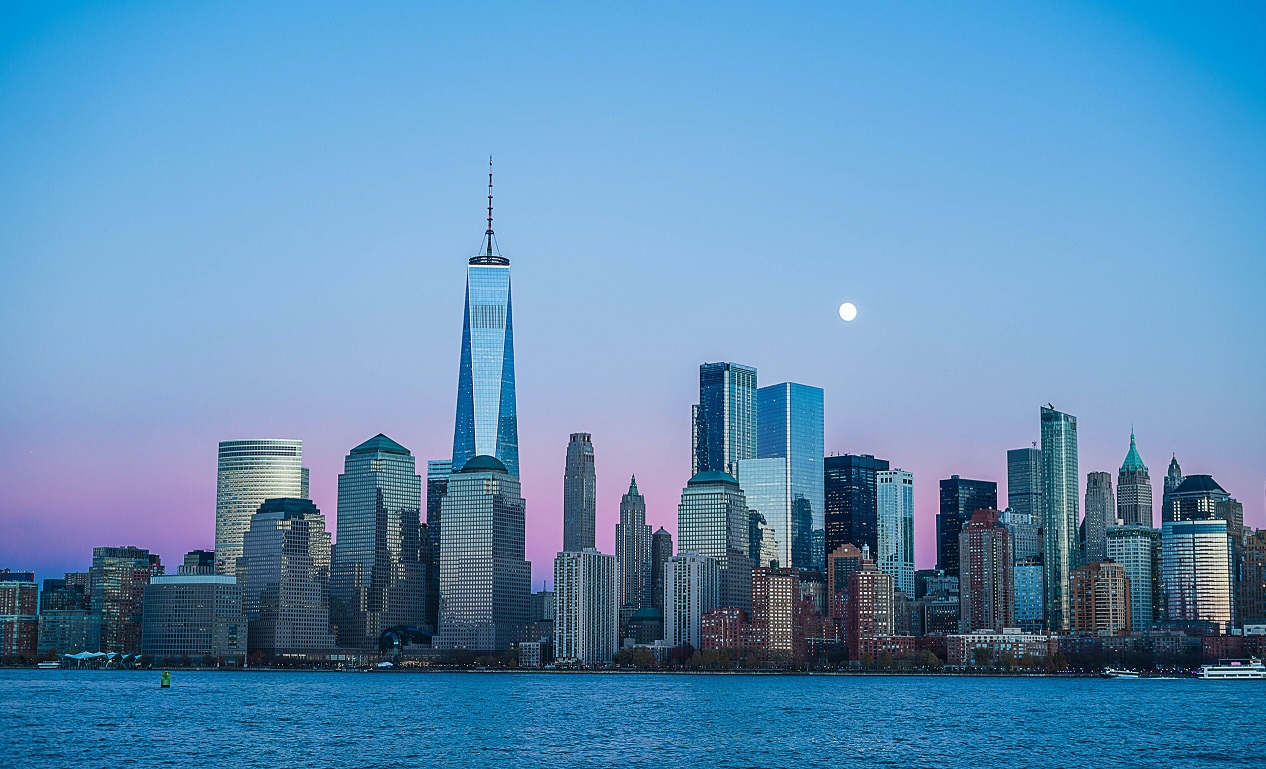Climate Week NYC kicked off on Sunday with a simple but powerful theme: “We Can. We Will.”
The annual summit has grown to become an important part of the climate calendar, attended by leading politicians, businesses and investors alike.
This year it takes place under difficult circumstances. The moral case for acting on the climate crisis has never been clearer. The past six months has seen a devastating round of extreme weather events which have hit multiple continents. Sea, land and air temperatures have set new records. June and July were the hottest known to us.
Further to this there is a lack of political consensus in the United States around how to combat the crisis. The political mood often swings in opposite directions; while issues caused by regular extreme weather, such as droughts, floods, fires or food insecurity, have the potential to lead to further instability.
On your marks
The other side of the coin is the Inflation Reduction Act (IRA). One of the most significant pieces of climate legislation in history, it is sending ripples across the global economy.
President Joe Biden’s bold attempt to throw the might of the US federal government behind the green economy is already having a major impact. Multibillion dollar investments have been made off the back of the legislation with global companies eager to take advantage of the $400 billion in new funding for clean technologies.
Meanwhile the European Union is hastening its own climate policies. The bloc has formulated a new Green Deal to support member states and industries on the road to net zero. “Europe is determined to lead the clean tech revolution,” said Ursula von der Leyen, President of the European Commission.
This race to the future will be much discussed at Climate Week NYC as many businesses weigh up new and sometimes conflicting net zero policies. During the week the UN is hosting a Climate Ambition Summit, to hear from “first movers and doers” among business, governments, investors, and civil society.
Switching up
One of those companies in attendance will be Signify, a global leader in lighting. For companies like this, on the frontlines of climate innovations, the answer is straightforward: continue at pace down the path of electrification.
Harry Verhaar, Signify’s head of global and government affairs, explains: “The solutions to this crisis are well-known and need to be rapidly scaled up. Clean electricity will be the backbone of the net-zero economy, enabling us to electrify almost everything which currently emits carbon. This combined with energy saving technologies will mean we can go much further and faster than we are today. These developments will have multiple co-benefits, from cleaner air to improved living and work spaces.”
Investments being made right now in electric vehicles, battery storage and renewable energy, are starting to join the dots in that electric vision of the future. But it doesn’t take huge sums or a shift in the political landscape to take serious action. 50% of all light points in the US and in Europe, for example, use old technology and are deeply energy inefficient. Upgrading these lights to new LED units would have an immediate and long-lasting impact on carbon emissions.
Economic benefits
Internal analysis from Signify also suggests it will have significant economic benefits by reducing energy costs for Europe by €65 billion. The same is true in the US with a shift to LEDs projected to save an estimated $31.5 billion. This highlights how climate action is not just the right thing to do, but also the economic one. Energy efficiency is often the unsung hero of the climate transition, but it should be obvious by now that we cannot achieve our climate goals without it.
Delegates arriving at Climate Week NYC for a fresh round of debate and decision-making, we should focus on ways to seek stronger consensus in the US on the way forward. We know the world’s largest economy can be directed towards rapid, positive change when consensus is reached, and compromise is accepted. As the impacts of the climate crisis become more acute, our mantra should also include “We Must”.
This post was sponsored by Signify. See our editorial guidelines for what this means.
